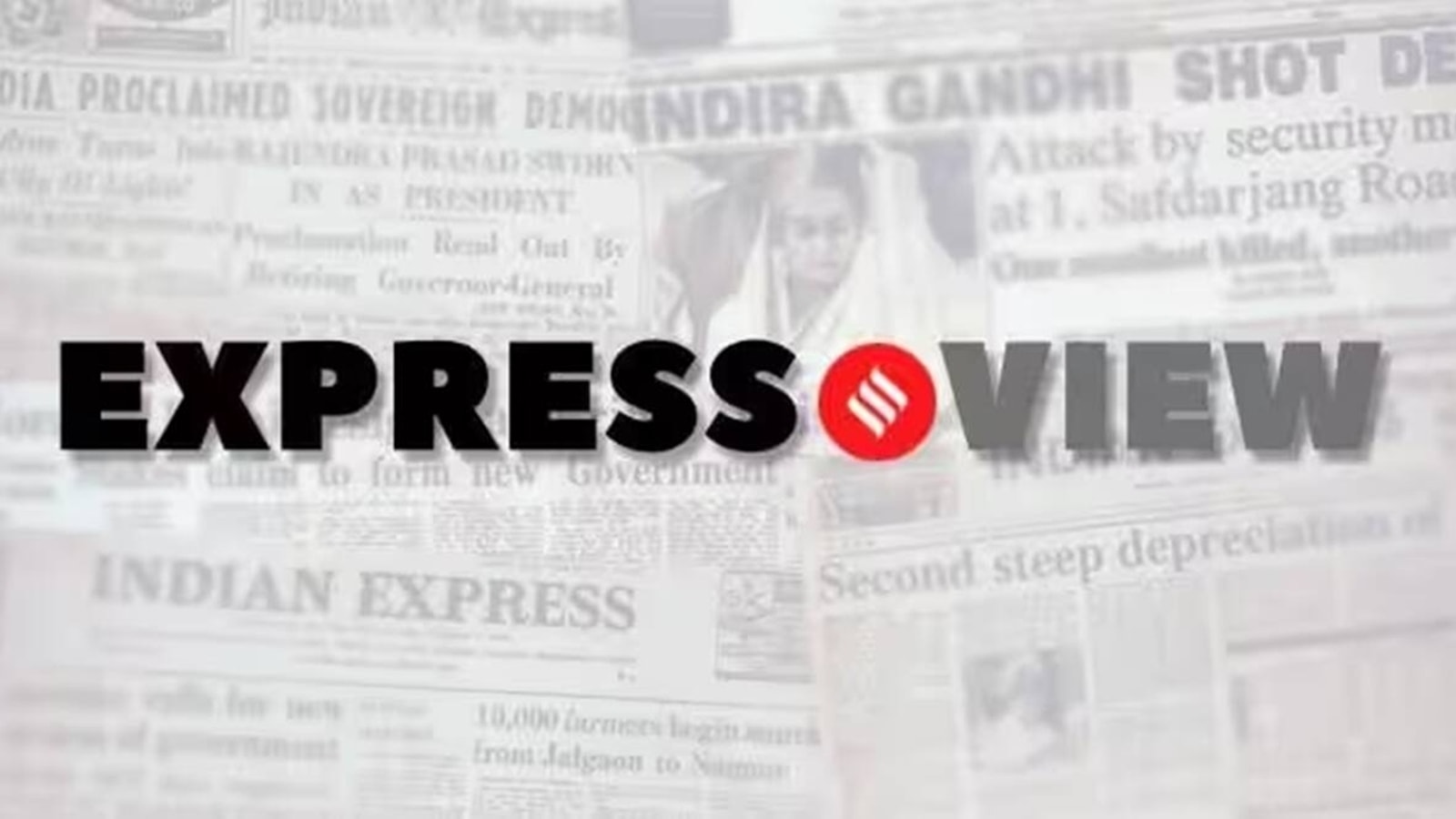 |
|
The Supreme Court's intervention in staying the criminal proceedings against Sanjay Kumar is a welcome assertion of judicial restraint against the increasingly common practice of weaponizing the law to stifle dissent and criticism. Kumar, a respected poll analyst and co-director of Lokniti at the Centre for the Study of Developing Societies (CSDS), found himself facing multiple FIRs for a seemingly innocuous error – a tweet regarding alleged discrepancies in voter lists. While the error was quickly acknowledged and rectified with a public apology, the reaction from authorities was disproportionate, revealing a disturbing trend of using legal mechanisms to intimidate and silence individuals who express views that might be perceived as unfavorable or critical of the government or its policies. The ease with which criminality was imputed in this case highlights a dangerous erosion of the principles of freedom of expression and the right to a fair trial, suggesting that the legal system is being manipulated to serve political agendas rather than upholding justice. The very act of registering FIRs in response to a swiftly corrected mistake sends a chilling message to academics, researchers, journalists, and ordinary citizens, discouraging them from engaging in open dialogue and critical analysis of political processes. This chilling effect is particularly concerning in a democratic society that relies on informed public discourse to hold its leaders accountable.
The CSDS, the institution to which Kumar belongs, is a highly respected academic institution that has consistently provided valuable insights into Indian politics and society. Founded by the eminent political scientist Rajni Kothari, the CSDS has played a pivotal role in fostering critical thinking and alternative imaginations, connecting scholarly research with real-world social movements, and creating spaces for multi-disciplinary engagement. The fact that Kumar's actions, even though unintentional, were exploited by political actors to target the CSDS underscores the vulnerability of autonomous institutions in the current political climate. The allegations of 'vote chori,' fueled by speculation rather than concrete evidence, have created a climate of distrust and animosity, providing a convenient pretext for those seeking to discredit independent research and analysis. The attempt to paint a picture of a conspiracy, targeting the CSDS as a central player, is a clear indication of the lengths to which some are willing to go to silence critical voices and undermine the credibility of institutions that offer alternative perspectives. The CSDS's work is essential for a healthy democracy, and any attempt to stifle its research or intimidate its members is a direct attack on the foundations of informed public discourse.
The case of Sanjay Kumar is not an isolated incident; it is part of a broader pattern of using legal instruments to harass and intimidate individuals and organizations that are critical of the government or its policies. Journalists, activists, and even ordinary citizens have faced similar situations, often finding themselves embroiled in lengthy and expensive legal battles that drain their resources and energy. The weaponization of the law is a dangerous trend that undermines the rule of law and erodes public trust in the legal system. It creates a climate of fear and self-censorship, discouraging individuals from speaking out against injustice or expressing dissenting views. Political parties need to exercise restraint and refrain from using the legal system as a tool to settle political scores or silence their critics. The focus should be on fostering open dialogue and engaging in constructive debate, rather than resorting to tactics of intimidation and harassment. The judiciary also has a crucial role to play in safeguarding fundamental rights and ensuring that the legal system is not used as a weapon against those who dare to challenge the status quo. By promptly addressing cases of legal harassment and protecting the rights of individuals to express their views freely, the judiciary can help to restore public trust in the legal system and uphold the principles of a democratic society.
The reference to Shiv Aroor in the article title broadens the scope of the issue beyond just Sanjay Kumar and suggests that he is among many journalists and media personalities who are encountering similar challenges. This further emphasizes the systemic nature of the problem. The use of laws, often vaguely worded or arbitrarily applied, allows authorities to exert pressure and exert control over narrative. It deters others from pursuing critical reporting or holding powerful individuals and institutions accountable. This is particularly concerning in the context of an informed citizenry. Without access to diverse perspectives and accurate information, voters cannot effectively participate in the democratic process. The chilling effect of such tactics undermines the very principles of democracy.
The implications of the Sanjay Kumar case extend beyond the individual and the institution he represents. The case raises questions about the role of the Election Commission and the authorities under its control. The swift and seemingly eager registration of FIRs against Kumar, despite his immediate apology and correction of the error, suggests a willingness to use legal power in a way that is neither necessary nor proportionate. If the Election Commission is perceived as being partisan or overly zealous in pursuing minor infractions, it risks losing its credibility as a neutral and impartial arbiter of the electoral process. For the Election Commission to function effectively and maintain its authority, it must demonstrate its commitment to upholding the principles of fairness, transparency, and proportionality in all its actions.
In conclusion, the Supreme Court's intervention in the Sanjay Kumar case is a positive step towards protecting freedom of expression and preventing the weaponization of the law. However, the underlying problem remains a significant challenge to democratic values and requires a broader commitment to upholding the rule of law and fostering a climate of open dialogue and critical analysis. Political parties, the judiciary, and the Election Commission all have a crucial role to play in ensuring that the legal system is used to promote justice and protect fundamental rights, rather than being manipulated for political gain.
Source: From Sanjay Kumar to Shiv Aroor, political parties need to stop weaponising the law
